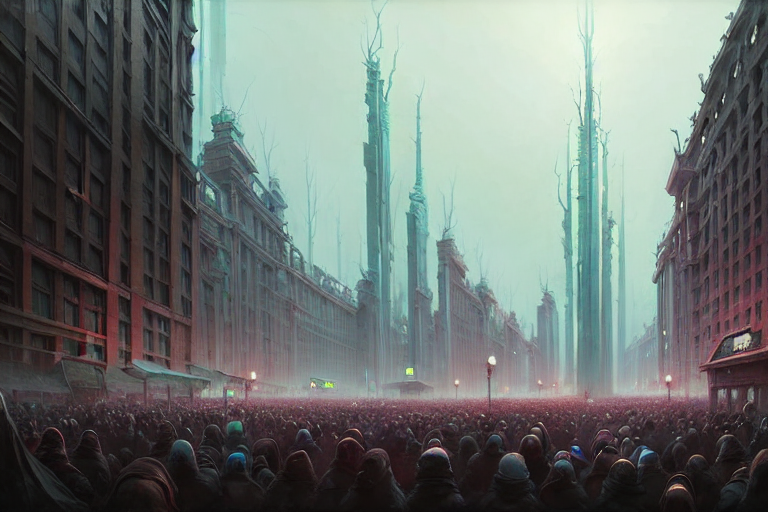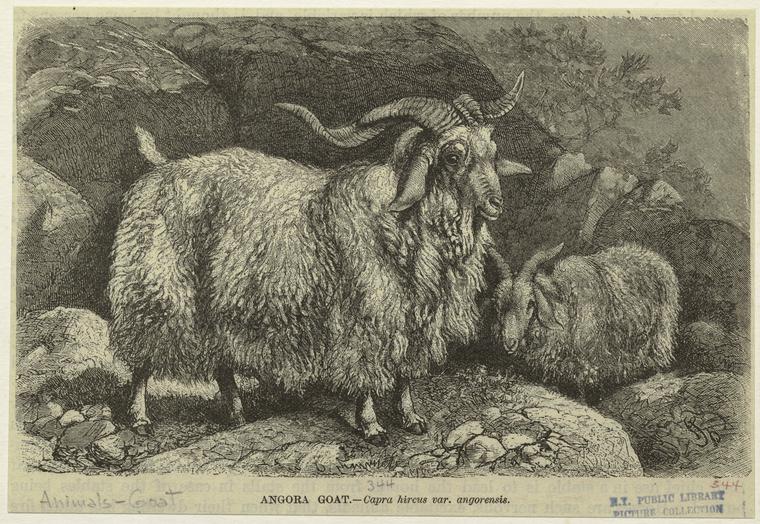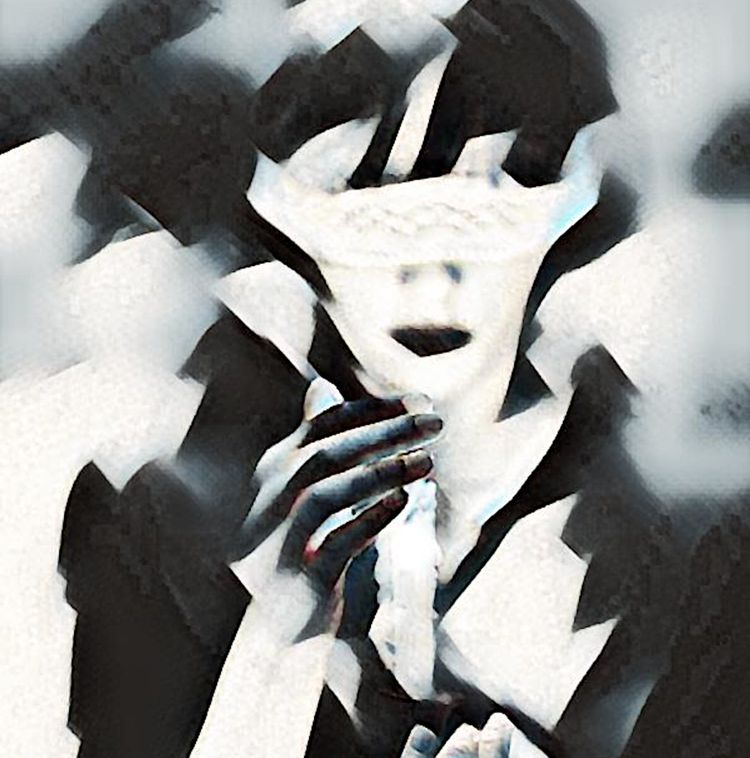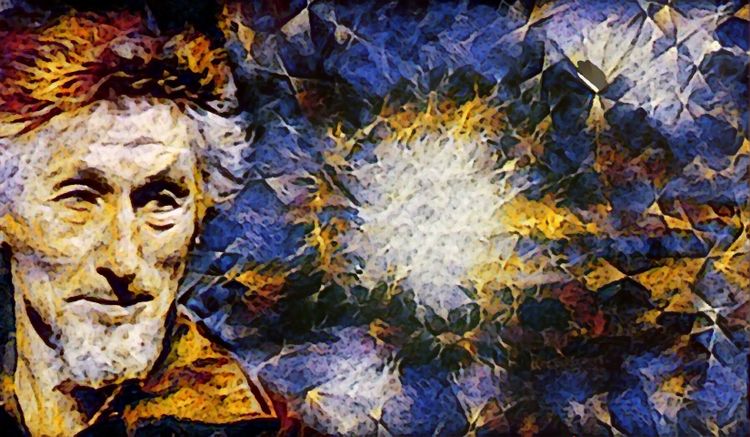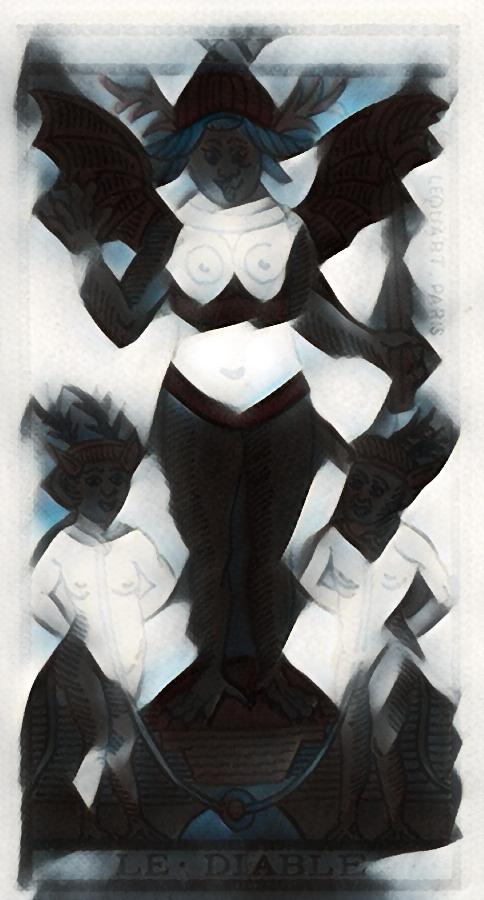The Black Iron Prison
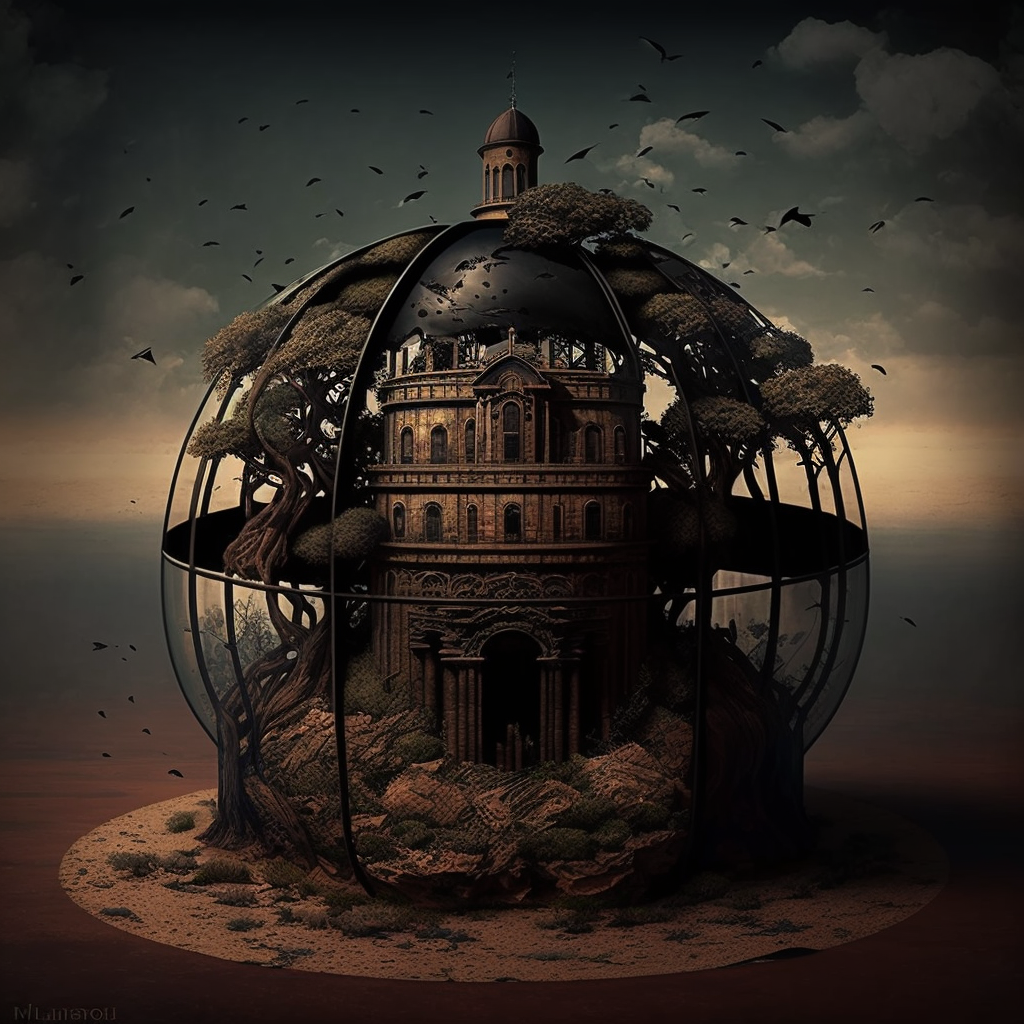
I try to be optimistic. Yet sometimes it seems as though there is no way out, that humanity continually keeps taking wrong turns, that we are on a runaway train being propelled into a nightmare future and the brakes are on fire. Maybe you also have a similar feeling.
No, you are not imagining it. This is the Black Iron Prison at work. Hold on to your tin foil hats and allow me to clarify… even though things appear bleak, understanding the problem is at least half the solution.
Explaining evil can be a slippery task, because its nature is to hide itself. Satan is the Great Deceiver.
Paul Levy, in his book Wetiko, talks of circling around a difficult concept to understand it from all angles. This is what I have been doing with this Dark Forces series. We can better understand evil if we look at it from the perspective of Wetiko, the Solid State Intelligence, Ahriman, and so on.
Philip K. Dick and his concept of the Black Iron Prison is another window on evil. The Levy book contains a whole chapter on it, and I am also convinced Dick was onto something.
So what is the Black Iron Prison, or BIP? It's simplest to let Dick himself explain:
The BIP is a vast complex life form which protects itself by inducing a negative hallucination of it: muddled thinking, loss of faculties and perception ... It has come here and because of its defensive devices we are not aware of it. This BIP a sinister life form indeed...
1. First it takes power over us, reducing us to slaves.
2. Then it causes us to forget our former state
3. And to be unable to see or think straight so that the BIP becomes invisible to us, by reason of what it has done to us.
4. But we don't even know that we cannot think straight.
5. We cannot even monitor our own deformity, our own impairment.
There's a lot to unpack there. Dick's idea is that humanity is under a spell, or has become infected with a 'mind-virus'. (He also comes at it from different angles, in the hope of illuminating something dark). This virus has colonised our psyche, and one of its main effects is that it tells us that there is no mind-virus. PKD was only able to perceive it thanks to the 'religious experience' he underwent in March 1974. An experience which he spent the rest of his life until his death in 1982 trying to make sense of.
This experience (which you can read more about here in an excellent comic drawn by R. Crumb) was one of illumination. But with the light, comes also the perception of darkness. Dick realised (as had Carl Jung before him), that the many converging crises of our world (which are now reaching a critical stage half a century later) were caused by a deep imbalance in the human psyche. Our intense focus on rationality had caused us to neglect older and murkier elements. As if, living in a house infested by poltergeists, we had decided not to believe in ghosts and imagined that was the end of the problem.
PKD characterised this imbalance as the Black Iron Prison, a kind of undead state which takes possession of individuals' souls and then causes them to forget what has happened to them. It is reflected in the outer world as an ever-deepening obsession with control for its own sake: a gradually converging eternal police state. The BIP has colonised our institutions and turned them against us, which is why we apparently have such difficulty implementing the solutions we need to in order to get out of what Jonathan Rowson calls 'the pickle' or 'the metacrisis'.
So... was Dick just a paranoid sci-fi writer who had taken too much speed to get his pulpy books finished? The tricky part of all this is that the answer has to be 'yes', except that he was not 'just' all that. I will return to the concept of a genuine prophet dressed up as a harmless madman in a later entry.
We need some foundational concepts to understand what PKD means by the BIP:
- Human consciousness is a complex ecosystem
- All complex ecosystems have parasites'
- Parasites are those beings which are taking advantage of an ecosystem while not contributing to its health and stability.
- In the realm of consciousness, we could call these parasites 'demons' or 'egregores'
- The BIP is either a demon itself, or a system which allows demons to operate unnoticed, or both.
This is Cory Doctorow explaining about parasites in a complex ecosystem:
If there's a niche, a parasite will fill it. There's a reason the cells of the organisms that live in your body outnumber your own by 100 to one. And every complex system has unfilled niches. The only way to eliminate unfilled niches is to keep everything simple to the point of insignificance.
Where then, are the parasites in the ecosystem of human intersubjective consciousness? The entrepreneur and tech theorist Jordan Hall claims that 'the malware lives in the gap between the mind and the soul'. In other words, if we are not in touch with our soul, the deeper part of our being, we will live only in our mind. Isolated in the narrowly rational part we will be unconscious that we even have a soul. This unconscious gap is the hiding place for the Dark Forces, the egregores, the demons.
To re-discover our soul we need to enter the darkness. (Theologians call this anamnesis, meaning a loss of forgetfulness). As a result, most people put this off for another day, and never go there. Thus people believe that the Dark Forces are not real, allowing them to thrive. As we often hear, 'Satan's greatest trick is to convince you that he doesn't exist'.
I am not writing this merely to scare people. I believe it is vital we understand what is happening to us and why. There is good news hidden inside the darkness, which I will come to in the next part.
(I have Evan McMullen's excellent series on The Stoa 'The Trolls Under The Bridge' to thank for bringing all this to my attention).

